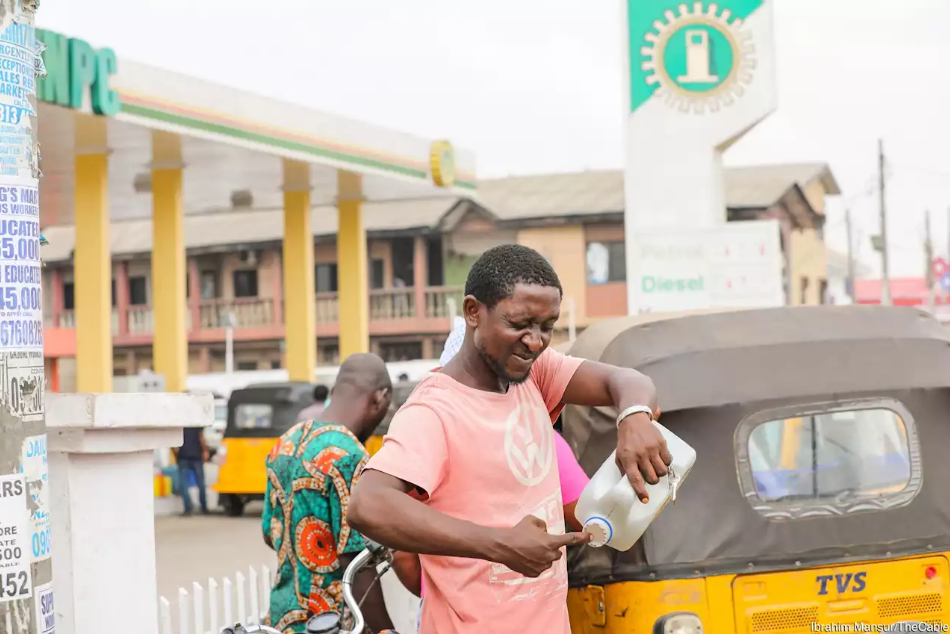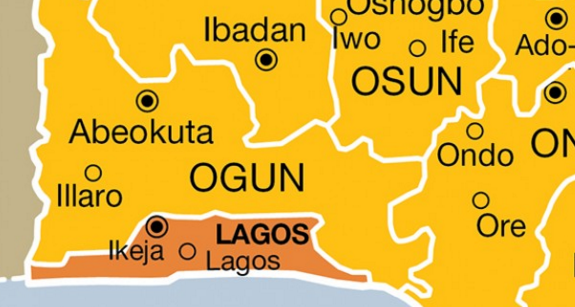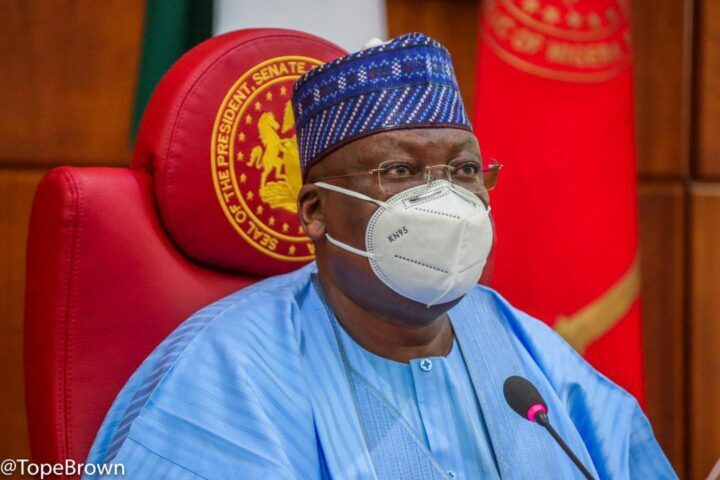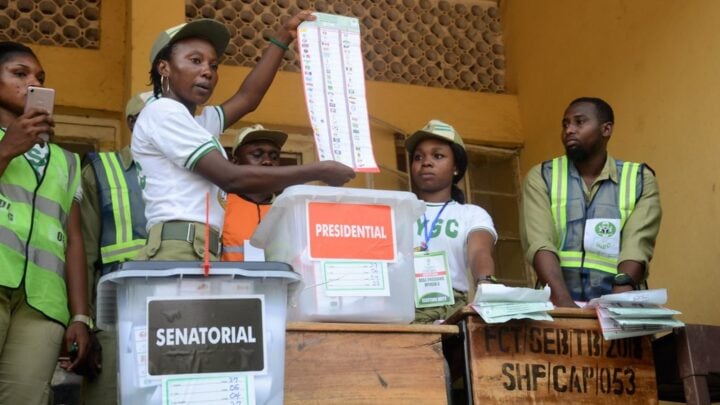Nigeria may be inching towards another round of petrol scarcity as available statistics point toward extreme low crude oil production.
TheCable understands that the drop in Nigeria’s oil production is theft.
The latest data from the Nigerian Upstream Petroleum Regulatory Commission (NUPRC) show that oil production slumped in May 2022 to 1.02 million barrels per day (1.28 million including condensate) — the lowest figure in record time.
The figure is also lower than the adjusted 2022 budget benchmark for oil production which stands at 1.60 million barrels per day.
Advertisement
UNDER DSDP, LOW OUTPUT AFFECTS OIL VOLUME, REVENUE
In 2016, Nigeria launched a direct sale, direct purchase (DSDP) programme to ensure sustained supply in the country. DSDP is a swap arrangement through which the contract holders deliver fuel — mainly gasoline and kerosene — from abroad in exchange for the oil they receive from NNPC.
Under the DSDP programme, NNPC provides crude oil on a Free on Board (FOB) basis to a supplier while the supplier, in return, provides petroleum products to the NNPC at a designated port in Nigeria.
Advertisement
The products supplied are equivalent to the amount of crude oil received by the supplier, subject to certain terms and conditions. Although DSDP deals are always undisclosed, TheCable understands that Nigeria gets 440,000 bpd of local crude from the nation’s refineries.
With the low share of output, DSDP will automatically be affected.
Experts have also argued that the DSDP deals have price challenges as well as other factors, such as failure to meet the supply quota of refined petroleum products, mostly petrol.
Olufemi Adewole, executive secretary of Depot and Petroleum Products Marketers Association (DAPPMA), had that some of the shortcomings of the DSDP arrangement caused scarcity.
Advertisement
In a report, “Securing Fair Value from Nigeria’s DSDP Contracts”, the Natural Resource Governance Institute (NGRI) said “Nigeria necessarily would get less fuel if the crude was priced low or the products high” under the DSDP deals.
SCARCITY LOOMS
The country’s low oil production portends a fuel crisis as NNPC struggles to cater for citizens’ daily petrol needs.
In May, queues returned to Abuja, the nation’s capital city, as a result of the low supply of the commodity.
Advertisement
The Nigerian National Petroleum Company Ltd (NNPC) had explained that the queues at fuel stations were caused by low loadout at depots due to long public holidays — Sallah and Easter celebrations.
The oil company said it would work with its marketing partners to take necessary measures to ramp up loadout from all depots.
Advertisement
“The NNPC Ltd notes the sudden appearance of fuel queues in parts of Abuja. This is very likely due to low loadouts at depots which usually happen during long public holidays, in this case, the Sallah celebrations,” it had said in a statement.
“Another contributing factor to the sudden appearances of queues is the increased fuel purchases which are also usual with returning residents of the FCT from the public holiday.
Advertisement
“We assure all residents of the FCT, and indeed all Nigerians, that we have ample local supplies and national stock in excess of 2.5 billion litres, with the sufficiency of more than 43 days.
“The NNPC Ltd., hereby, advises motorists not to engage in panic buying as supplies are adequate as will become increasingly evident in the coming days.”
Advertisement
A month later, the scarcity in Abuja continues to linger despite NNPC’s claim to ramp up loadout in all depots.
Add a comment






